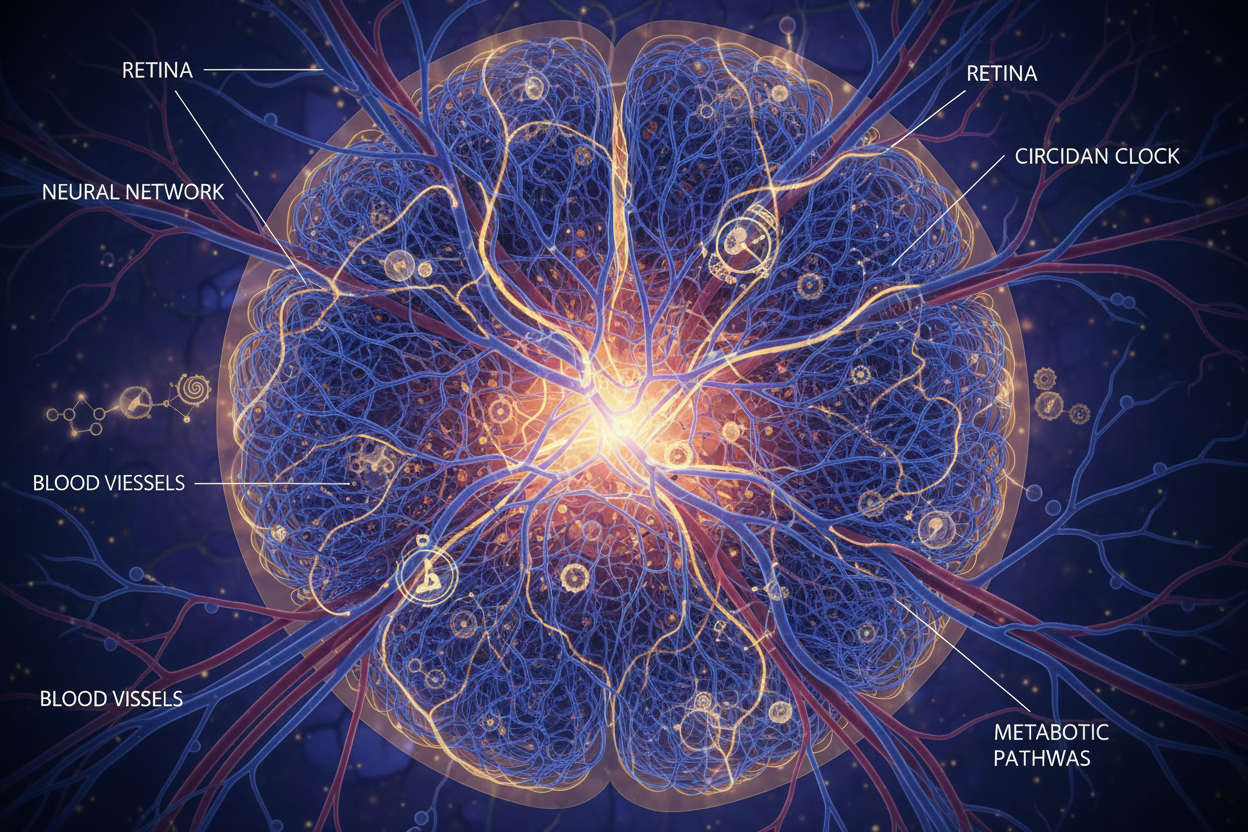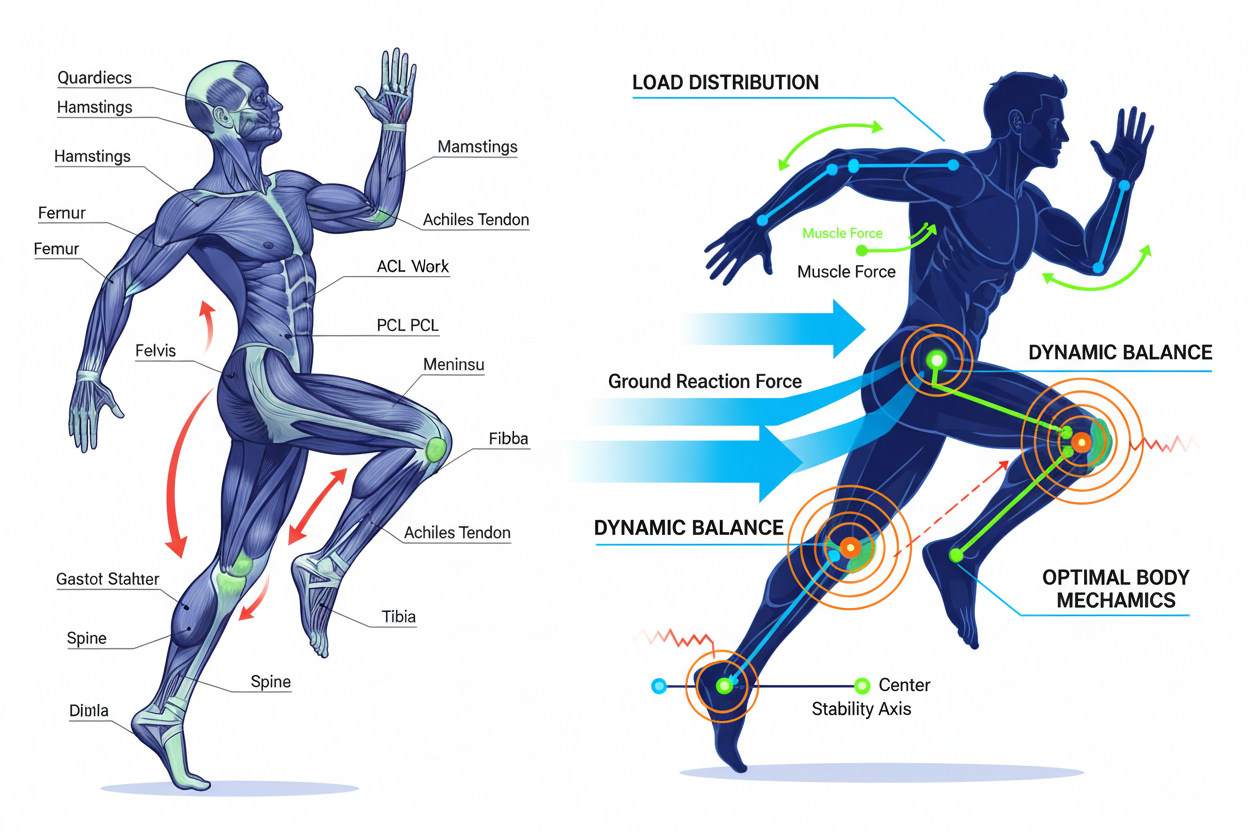
NAC (N-Acetylcysteine): A detailed scientific look at a unique substance against aging, inflammation, and metabolic disorders
N-Acetylcysteine (NAC) is a powerful antioxidant and a key precursor of glutathione, which represents one of the most important protective mechanisms in the human body. Glutathione is known as the main detoxifying substance that neutralizes free radicals, regulates oxidative stress, protects cellular structures, and supports mitochondrial function.
Life extension and support of mitochondrial health
NAC in combination with glycine has been shown in several studies to extend lifespan by up to 25%. The main mechanism of this effect is the protection of mitochondria, which are crucial for ATP energy production. This protection occurs through the reduction of oxidative stress, which significantly damages mitochondria. Healthy mitochondria are essential for preventing age-related diseases such as heart disease, neurodegeneration, and diabetes.
Asthma and allergic reactions – detailed mechanism of action
Asthma is an inflammatory disease of the airways caused, among other things, by the depletion of glutathione levels in the lungs. NAC restores glutathione reserves, which directly reduces inflammation and the production of inflammatory mediators such as TNF-α, IL-5, IgE, eosinophils, and nitric oxide. The result is significant relief from symptoms, better asthma control, and a reduction in the frequency of acute exacerbations.
Metabolism and Cognitive Functions: NAC as a Neuroprotective Agent
The combination of NAC and glycine significantly optimizes mitochondrial function and improves insulin sensitivity, contributing to the reduction of insulin resistance and metabolic syndromes. NAC also has a pronounced neuroprotective effect due to the reduction of oxidative stress in the brain. This manifests as improved memory, concentration, and overall cognitive functions, which is especially important for the aging population and patients with neurodegenerative diseases.
Treatment of Intestinal Inflammations (IBD): NAC as an Anti-Inflammatory Agent
Patients with ulcerative colitis show significant improvement in clinical condition due to the use of NAC. Disease remission increases up to fourfold, which is associated with a decrease in key inflammatory markers (ESR, IL-1β, IL-8, MPO, CRP, calprotectin). This effect is caused by the reduction of oxidative damage to the intestinal mucosa and the restoration of optimal immune system function.
Dopaminergic system and mental health
NAC has the ability to support the regeneration of dopaminergic neurons, which directly reflects in the improvement of mental disorders associated with low dopamine levels, such as depression, anxiety, and mood disorders. Research shows that NAC increases the availability of glutamate in the brain, which regulates dopamine release, leading to improved mood and reduced symptoms of depression and anxiety.
Support for Testosterone and Male Fertility
Studies show that NAC positively affects hormonal balance by increasing testosterone levels and optimizing the secretion of luteinizing hormone (LH) and follicle-stimulating hormone (FSH). NAC also improves sperm motility and increases their count, significantly contributing to the treatment of male infertility and sexual health issues.
Prevention and treatment of non-alcoholic fatty liver disease
NAC demonstrably reduces fat infiltration in the liver, significantly improving insulin sensitivity and reducing the inflammatory response in liver tissues. This effect is crucial for preventing the development of non-alcoholic fatty liver disease (NAFLD) and other serious hepatic conditions.
Regeneration of the immune system and combating autoimmune diseases
HIV patients taking NAC report significant improvements in immune system function and extended lifespan due to the restoration of healthy glutathione levels and increased T-cell count and function. NAC also helps manage autoimmune diseases thanks to its anti-inflammatory and immunomodulatory properties.
Neuroprotection and prevention of Alzheimer's disease
The effect of NAC on the nervous system is well documented in the context of Alzheimer's disease prevention. NAC protects nerve cells from oxidative damage caused by neurotoxic substances such as aluminum, restores the normal antioxidant capacity of brain tissue, and slows degenerative processes.
Active prevention using NAC
Incorporating NAC into a regular active prevention regimen can significantly reduce the risk of developing chronic diseases and premature aging. Preventive use of NAC supports long-term mitochondrial protection, stabilizes the immune system, improves overall metabolic flexibility of the body, and protects against oxidative damage.
Conclusion
NAC represents a comprehensive solution to many health problems due to its versatile biological effects. Its ability to reduce oxidative stress, inflammation, and support cell regeneration makes NAC a key substance in the prevention and treatment of a range of chronic diseases, significantly contributing to improved quality of life and slowing down the aging processes.



Leave a comment
This site is protected by hCaptcha and the hCaptcha Privacy Policy and Terms of Service apply.